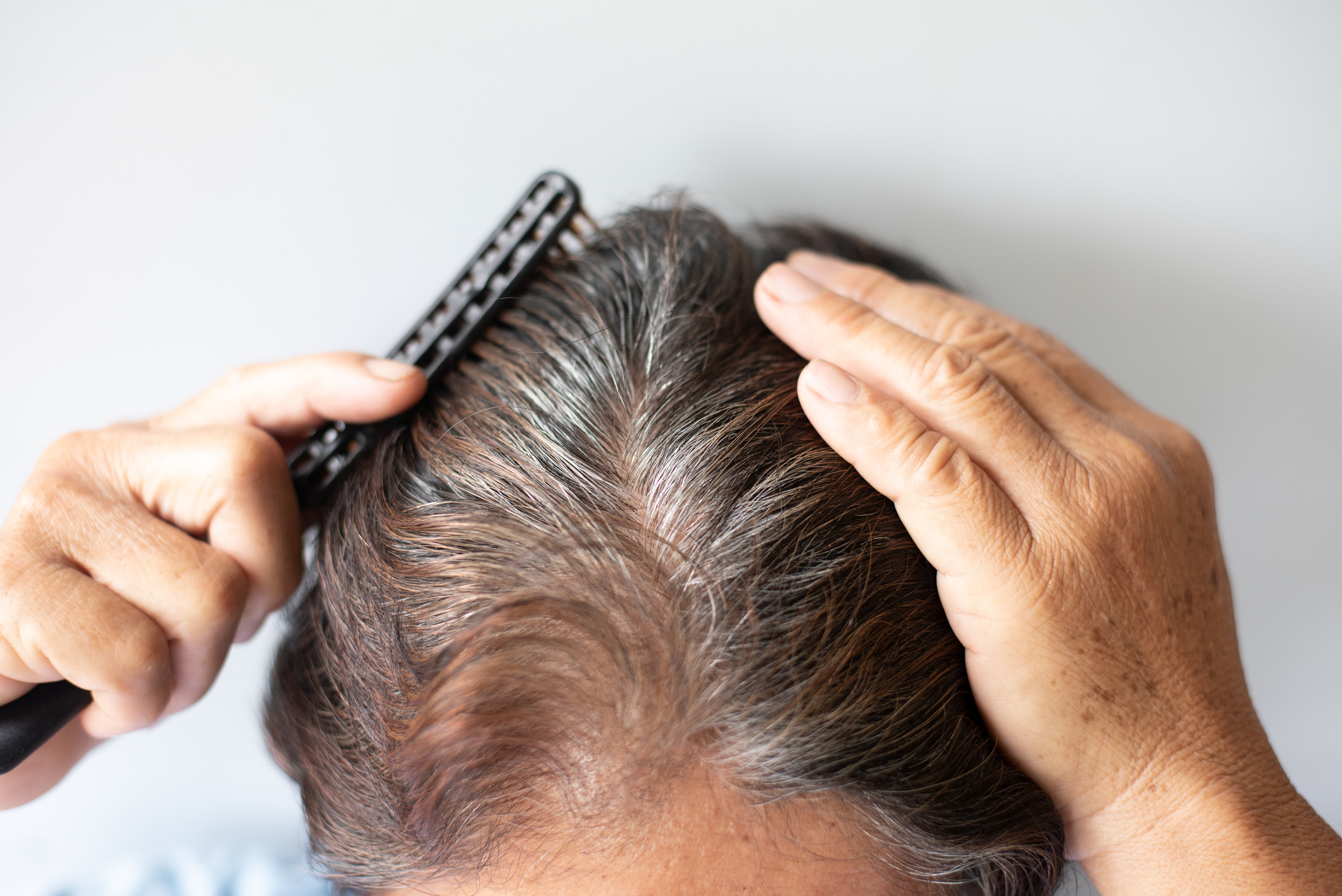Even for the most low-maintenance of adults, few things hit the ego as hard as starting to lose one’s hair. And especially for women who experience thinning hair, alopecia can not only be a cosmetic problem, the condition can lead to a loss of self-esteem, confidence and psychological difficulties. Not all hair loss is related to age, genetics or hormonal changes, some types of alopecia may be linked with autoimmune conditions including thyroid disease.
According to a recent ABC News report, clinical trials of a drug that targets the immune system has had promising results in re-growing hair lost as a result of autoimmune alopecia. This condition, which differs from male pattern baldness, is believed by researchers to occur when hair follicle growth is hindered by chemicals released when the immune system is triggered.
The first trials of two types of Janus Kinase (JAK) inhibitors, out of the University of Melbourne, demonstrated that the drugs are considered to be safe and well tolerated by most study participants. Phase 3 trials are planned in the upcoming months across Australia, Canada and the United States; talk with your dermatologist about your eligibility.
It is estimated that up to 147 million people worldwide have hair loss attributed to alopecia and about 15 percent of those will experience total hair loss.
In some cases, the condition will resolve itself without treatment but for many others, hair loss will continue and may show up as patchy hair loss on the scalp or face, complete hair loss on the scalp (alopecia totalis) or a complete loss of all body, face and scalp hair (alopecia universalis).
Current treatment includes steroid injections into small bald spots to clear the area of immune cells and allow hair to regrow or oral steroids for widespread areas affected by alopecia. Drugs that suppress the immune system have also been tested with success but keeping a patient on immunosuppressant drugs for long periods of time can lead to an increased risk for infection and some cancers.
You can learn more about alopecia by following this link to the National Institutes of Health’s Genetic and Rare Diseases Information Center.






Add Your Voice
0 Comments
Join the Discussion